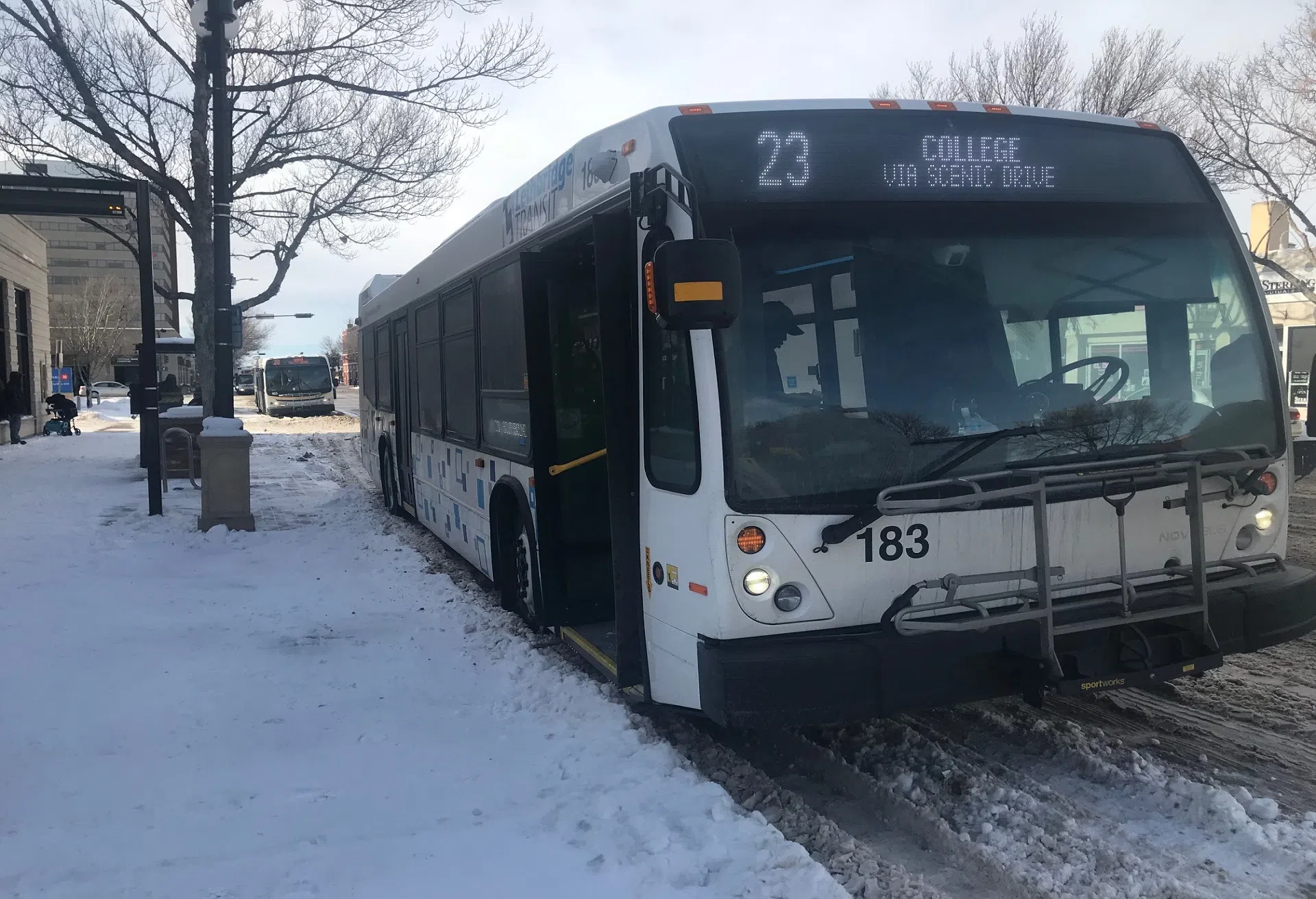
Room for improvement, say presenters during Transit Master Plan presentation at CIC meeting
LETHBRIDGE – It has been 18 months in the making and includes a plethora of new ideas, according to Lethbridge’s Transit Manager.
Kevin Ponech presented the Transit Master Plan (TMP), which would replace the 2007 version, to the Community Issues Committee Monday and pointed out some of the highlights of the 400-page document.
He explained that 20 public engagement sessions were held, to get community feedback, which included requests for:
- More service, faster and more direct trips
- Reducing the cost of transit for students
- Making routes less complex
- Increasing trip frequencies
- Increasing ridership


